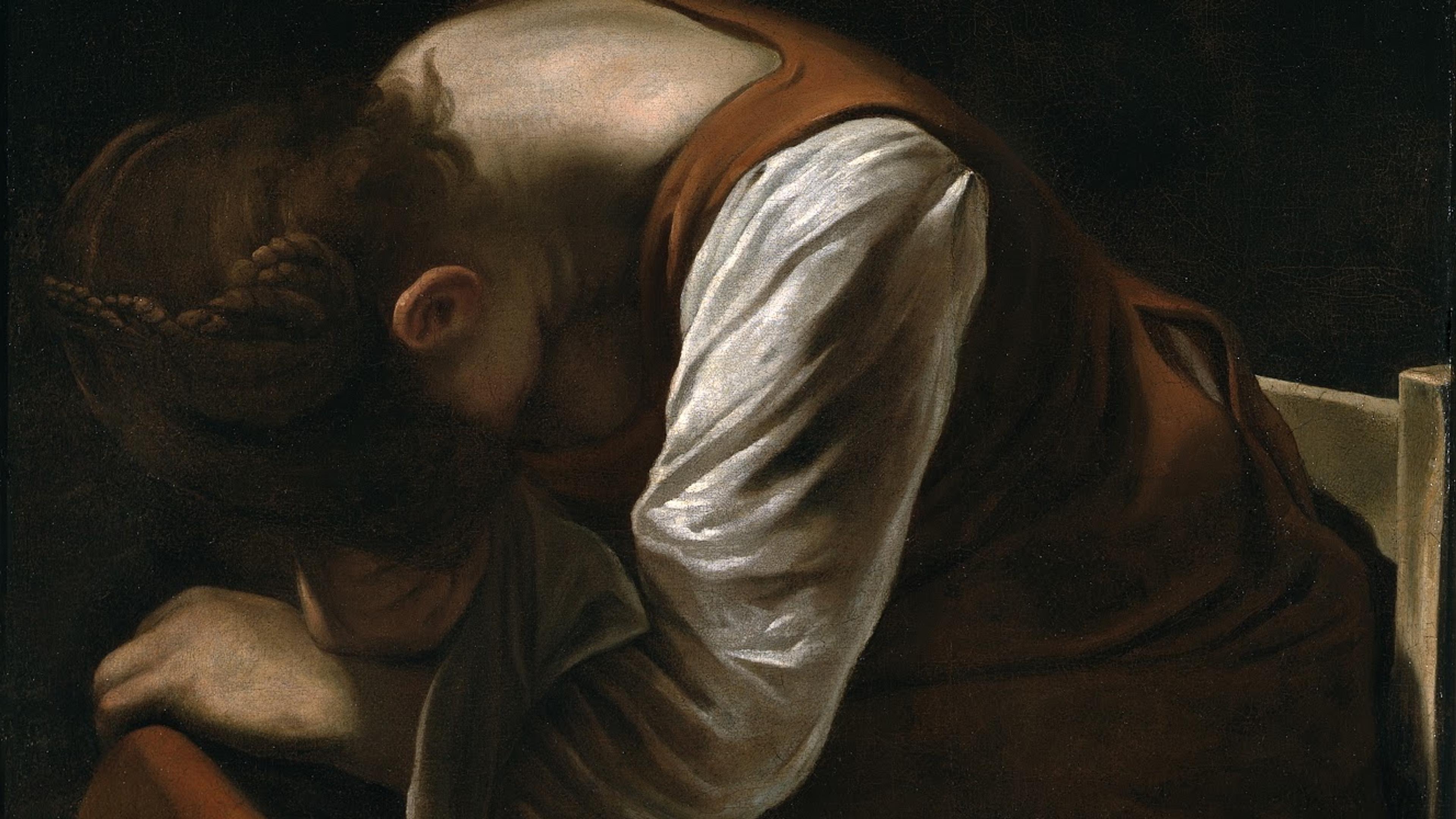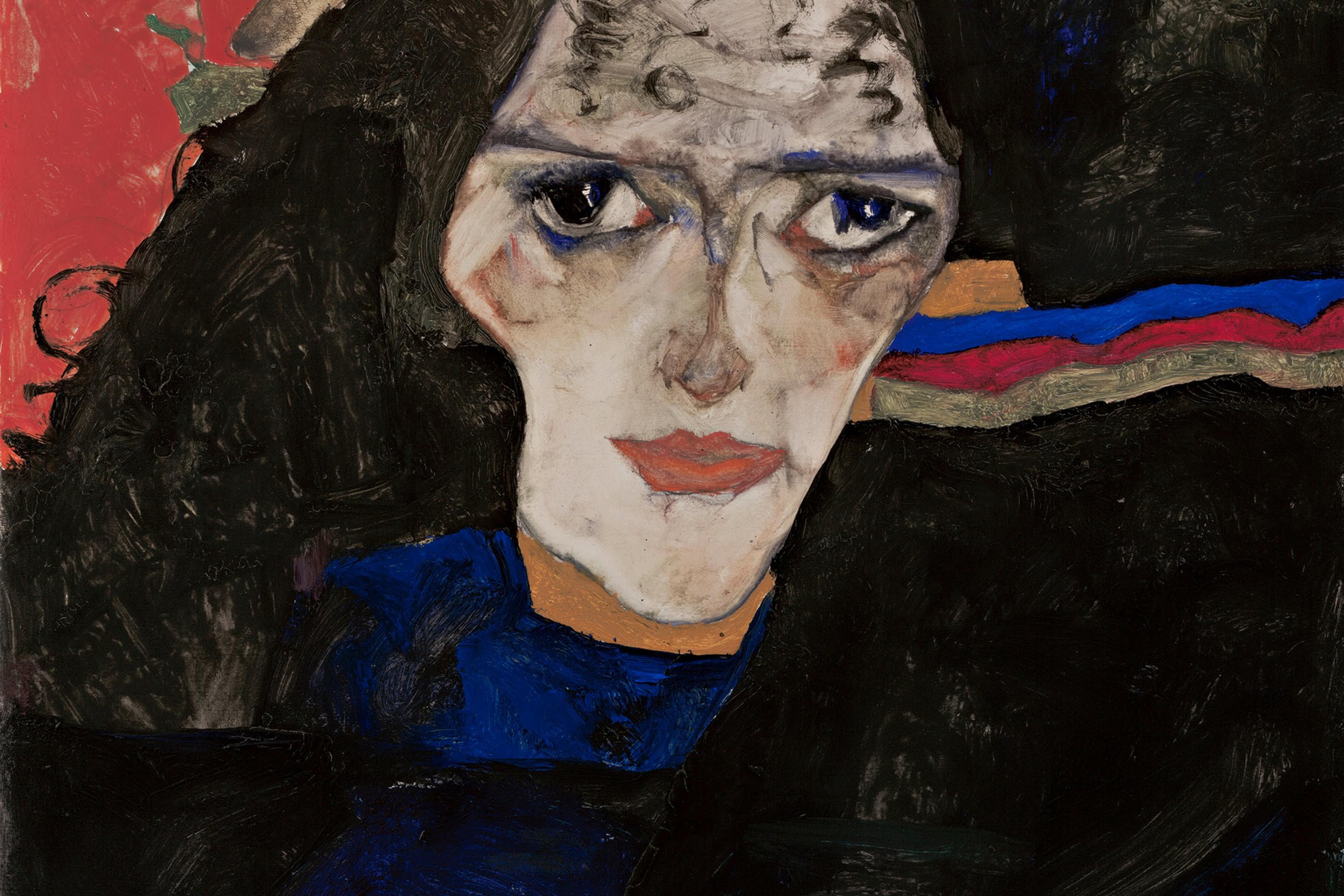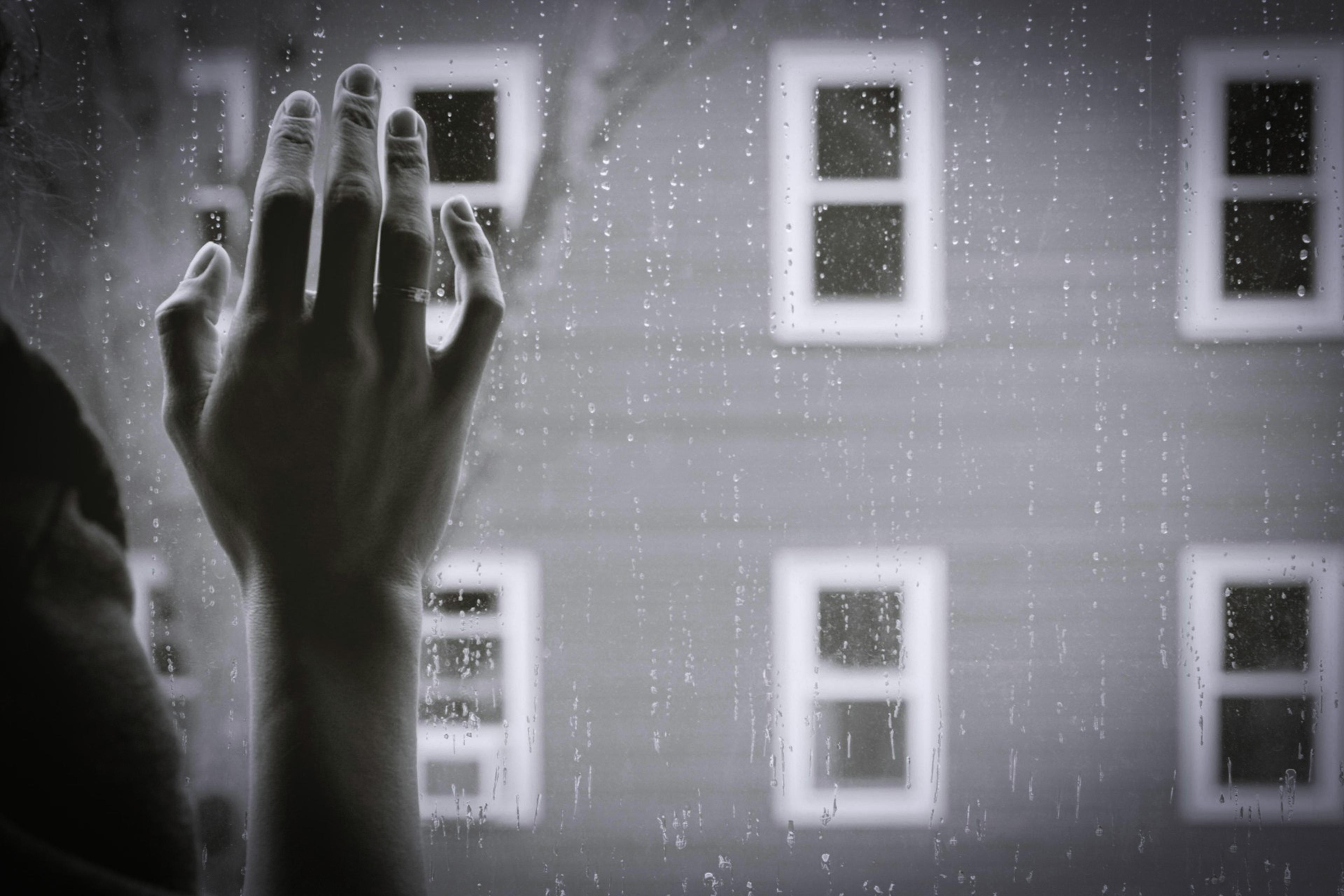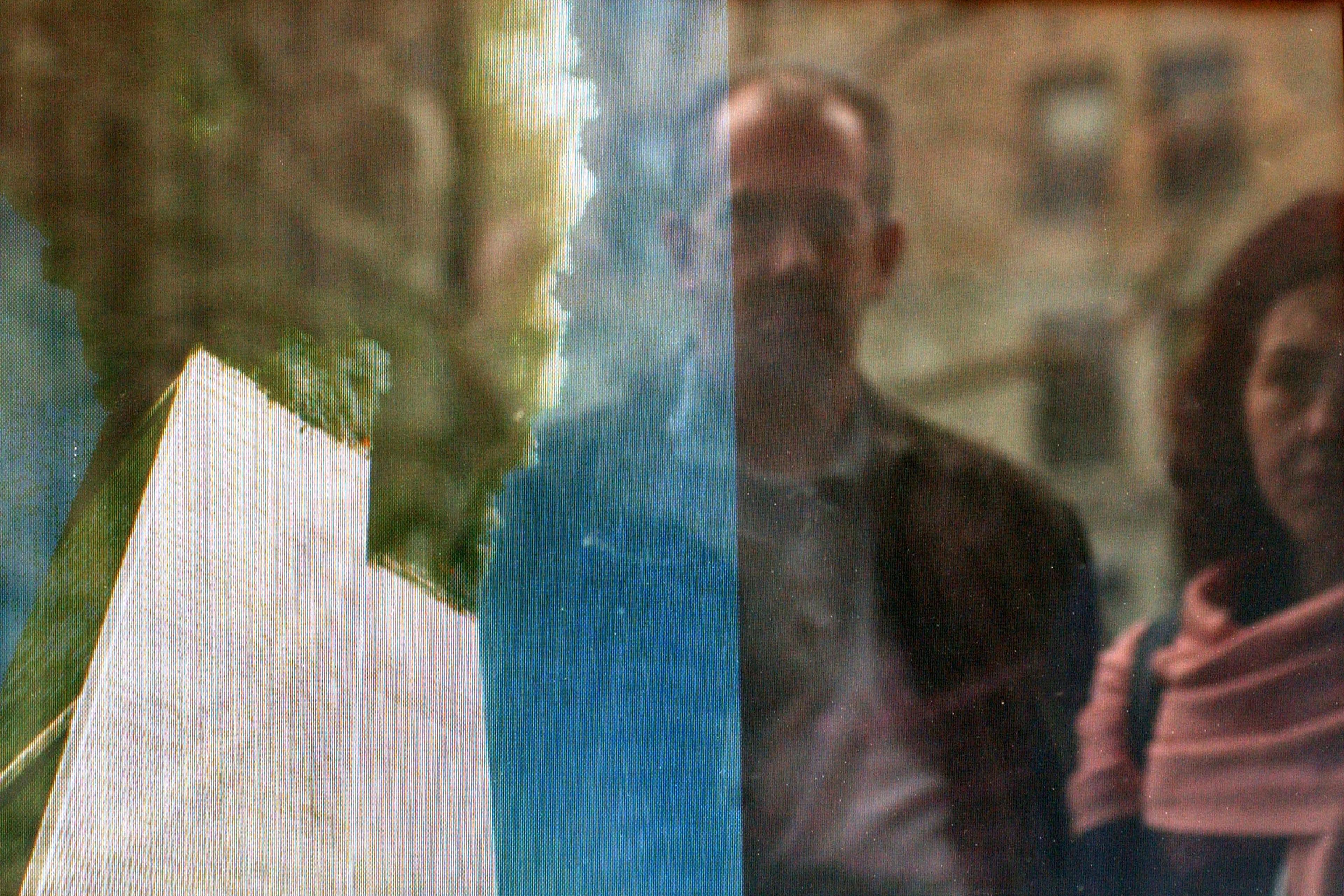In 1967, a pair of psychiatrists, Thomas Holmes and Richard Rahe, reported on their development of a scale that quantified the disruptiveness of different major life events. Holmes and Rahe had asked hundreds of people to rate various events according to how much readjustment in their lives they thought each one would require. Of the 20 events with the highest ratings, three were the deaths of others: death of a close friend (with a rating of 37 on their scale), death of a close family member (63), and, at the very top of their scale, death of one’s spouse (100).
These findings raise important philosophical questions about the value of our intense reactions to others’ deaths – about the value of grief. Grief is undoubtedly stressful. It typically involves weeks, if not months, of tumultuous emotion: the sadness or sorrow that are at grief’s heart, but often other ‘negative’ feelings such as anxiety, guilt or anger.
Indeed, on its face, grief has little to recommend it. Yet the thought that our lives would be better without grief seems misguided. Consider: people standardly assume that it’s morally admirable to try to prevent others from suffering. In the case of grief, though, most of us would be understandably hesitant about trying to dispel someone else’s suffering completely. If you had a pill that could wipe out the grief of a bereaved friend, it would be morally insensitive to offer your friend this kind of ‘grief treatment’. That our ordinary moral duty to alleviate others’ suffering seems not to straightforwardly apply to their grief suggests that the sufferings associated with grief are somehow valuable to us. Not experiencing grief at all thus seems worse than experiencing grief.
Implicit in these ways of viewing grief is a set of ideas that constitutes what I call the paradox of grief:
- Grief feels bad, and so should be avoided or lamented.
- Grief is valuable such that we (and others) ought not avoid it altogether and should be grateful that we grieve.
Can this paradox be resolved? Rejecting (1) would be to reject the claim that grief feels bad, which is hard to deny. The more promising route to resolving the paradox is to defend (2): to show that grief is valuable and so should not be avoided or lamented, despite feeling bad. Such a defence will need to identify some good in grief.
Although questions of the human good are the province of philosophy, philosophers have said relatively little about grief compared with other subjects, and what they have said sometimes betokens surprising hostility toward grief. For instance, Plato depicts the last moments of his teacher Socrates in his dialogue Phaedo. As Socrates prepares to consume the cup of lethal hemlock, he upbraids his friends and followers for weeping at the prospect of his death. Their grief reflects a mistaken belief, Socrates suggests: that his death would be bad for him. He reassures them that his death is a benefit to him, for his soul is immortal and his death represents its liberation from the ‘prison’ of his body.
Socrates’ metaphysics aside, it is he who is mistaken about grief. His friends and followers could agree that his death was no loss to him, but what they grieve for is a loss to themselves – they are losing their companion and their teacher. In this respect, the dismissal of grief seems to reflect a somewhat crass conception of the value of interpersonal relationships. Those with whom we have close relationships are not interchangeable commodities, to be replaced – as Seneca suggested, in his Moral Letters to Lucilius – in the way one would replace a lost tunic. Our relationships are valuable not only for the benefits they provide but also intrinsically, as central projects or commitments around which our lives are oriented. We grieve ultimately for how others’ deaths are losses to us, losses of those who play an irreplaceable role in our lives.
That we grieve the deaths of those who are fundamental to our lives is, in my estimation, key to a defence of the idea that grief should not be avoided or lamented, and to the resolution of the paradox of grief. We do not – indeed, probably could not – grieve the deaths of everyone. We grieve the deaths only of those with whom we have an identity-constituting relationship, a relationship that is central to our understanding of ourselves and of what is most important to our lives. Whether it is the death of a spouse, a parent, a relative, or a beloved political or cultural figure, the death of someone who is essential to our pasts and to our futures will naturally cause the painful emotions associated with grief. Those same deaths can also evoke in us a kind of identity crisis. For someone with an irreplaceable role in our lives to die is for us to lose a sense of ourselves. Many grieving people describe their loss in just such identity-related terms (‘I’ve lost a part of myself’) and report a sense of disorientation, as if their familiar lived world does not quite make sense.
On my view, grief is the affective condition that signals these losses. This is part of where the importance of grief resides. Our emotions can inform us about what we value. Fear informs us about our values by warning us of prospective threats to what we value; anger, by informing us that something we care about has been damaged or undermined by another’s unjust actions; and so on. In the case of grief, what we feel notifies us, in an emotionally vivid way, about what we valued in our relationship with the person who is now deceased. Grief enables us to appreciate how that person contributed to our day-to-day lives, shaped our own goals and commitments, and exhibited admirable traits that we might emulate (and, sometimes, less admirable traits that we should want to avoid); the hurt we feel causes us to notice and reflect on these things. While grief episodes are not better for us the more painful they are, grief drained of all painful emotions would not be very valuable either, as it would deprive us of critical information about what we have lost. Grief’s pains, then, are essential to its serving us as a tool for understanding loss.
But grief also has a role in helping us address that loss. Because grief is distressing, it motivates us to figure out how to live in light of the loss. This does not necessarily mean ending our relationships with the deceased. In many cases, we continue to relate to the deceased inasmuch as they continue to influence our tastes and values, and, if nothing else, our relationships with them continue in memory. Of course, our relationships cannot continue on exactly the same terms as before. We can’t go fishing with a deceased uncle, plan a vacation with a deceased spouse, or reminisce about our university days with deceased old friends. Grief offers us an abundance of information about how to alter such relationships. Again, our emotions disclose to us what we care about. Grief and its associated emotions allow us to interrogate our identity and our values, including how we want our lives to be, going forward.
Widows and widowers often must decide, for example, whether to continue to live in the same dwelling they had shared with their spouse. Such a decision requires clarifying what one values: to what extent, say, is the value of living in that place dependent on its having been a home shared with the now-deceased spouse? This sort of question is ultimately about how the spouse once fit – and may continue to fit – into one’s plans and into one’s identity. A widower who feels guilt about the prospect of moving away from the shared home may see continuing to live there as a choice that embodies a commitment to continue to share his life with his deceased spouse. Conversely, to feel anxiety at remaining in the dwelling might suggest that it has a different kind of significance (eg, perhaps it was a source of tension in the relationship) and could lead to a different decision.
So too can emotional responses help to inform many other choices we make in the wake of the deaths of those who matter to us: which of the deceased person’s belongings to retain or give away; which charities should receive the deceased’s assets; whether to delete the deceased’s social media profiles. Grief cannot make our choices for us about how to live with loss. But grief’s emotions help us grasp the values at stake in such choices. Feelings of sadness and loss can also underscore those qualities of the deceased person and the influences they had on us that we most want to carry forward in their absence.
The emotions we undergo in the course of grieving can therefore bring what we value into clearer relief. The result? When we grieve, we are given a tool with which to refashion our identities and to know ourselves better – to figure out who we are to be now that someone who has mattered to us is no longer living. As Rainer Maria Rilke wrote, others’ deaths ‘wound us’ while also ‘lifting us toward a more perfect understanding of this being and of ourselves’.
Not every manifestation of grief is helpful. Sometimes the pains of grief prove unbearable. (Sadly, bereavement is a risk factor for suicide.) Yet the fact that grief often presents an opportunity for self-knowledge, despite feeling bad, nevertheless shows how the paradox of grief can be resolved. There is no doubt that grief is stressful. But grief is not a shameful state that we should hope will resolve as quickly as possible; it is a potentially powerful means for adapting to loss. Mortal creatures like ourselves should thus be grateful that we can grieve.








